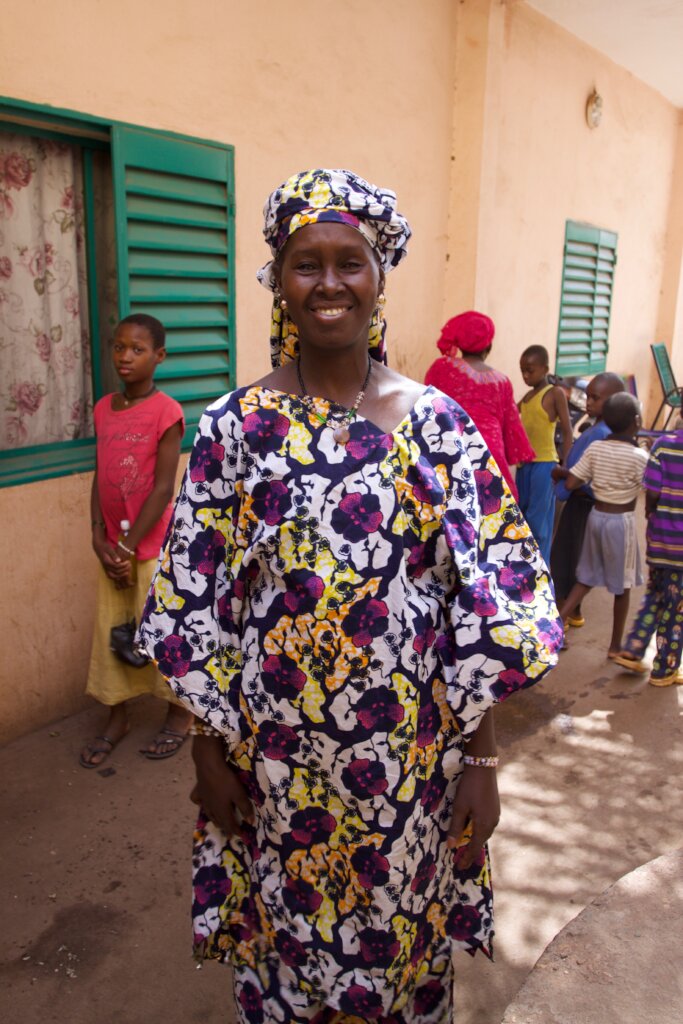By Julia Nemy | Communications Coordinator
In Mali, the HPV vaccine, which is highly effective in preventing Cervical Cancer, is still unavailable. This is one example of the widespread inequality that exists in global health today. Even though Cervical Cancer is common in Mali and largely preventable through vaccination, women in Mali are largely unable to be vaccinated against the HPV virus.
In addition to continuing to advocate for the availability of the HPV vaccine, GAIA Vaccine Foundation provides free cervical cancer screenings at Hope Center Clinic. This means that women in Sikoro can be routinely screened for Cervical Cancer and thus increase chances of early detection. In April 2022, 261 women were screened for Cervical Cancer at Hope Center Clinic.
Please support the Cervical Cancer screening program today to help all women live long and healthy lives. Thank you for your support!
By Julia Nemy | Communications Coordinator
By Julia Nemy | GAIA Vaccine Foundation Project Manager
Project reports on GlobalGiving are posted directly to globalgiving.org by Project Leaders as they are completed, generally every 3-4 months. To protect the integrity of these documents, GlobalGiving does not alter them; therefore you may find some language or formatting issues.
If you donate to this project or have donated to this project, you can receive an email when this project posts a report. You can also subscribe for reports without donating.
Support this important cause by creating a personalized fundraising page.
Start a Fundraiser